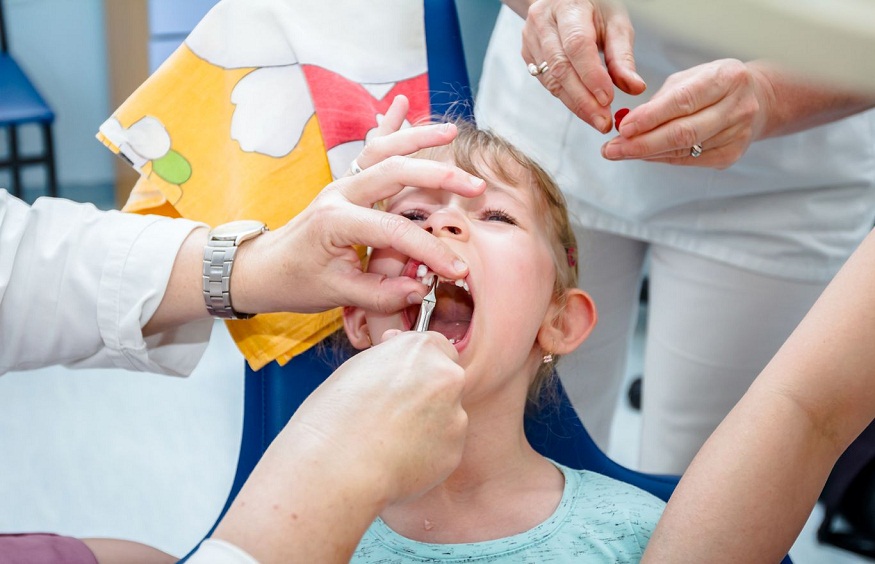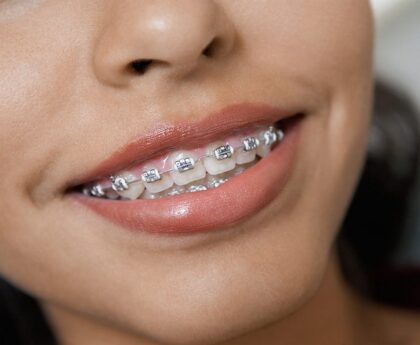Dental trauma can happen to anyone. Whether it’s from a fall, a sports injury, or an accident, it’s important to know how a general dentist can help. dr. ashley kim walnut creek explains the steps involved in treating dental trauma. From assessing the damage to planning the right course of action, a general dentist plays a vital role. Let’s explore how these steps ensure your oral health is restored quickly and effectively.
Initial Assessment
When dental trauma occurs, the first step is a thorough assessment. The dentist examines the mouth and teeth to understand the extent of the injury. This may involve checking for loose or broken teeth, gum damage, or jaw issues. An assessment helps in deciding the next steps for treatment.
Common Treatments for Dental Trauma
Once the assessment is complete, the dentist will decide on the best course of action. Here are the three most common treatments:
- Reattachment of Teeth: If a tooth is knocked out, quick action can save it. The dentist can reattach the tooth to its socket.
- Bonding: For chipped or cracked teeth, bonding is a common solution. The dentist uses a special resin to repair the tooth’s appearance and function.
- Root Canal: Severe trauma may damage the tooth’s pulp. In these cases, a root canal can remove the damaged pulp and save the tooth.
These treatments address various levels of trauma. Each option aims to restore function and appearance.
Comparison of Treatment Outcomes
| Treatment | Success Rate | Recovery Time |
| Reattachment of Teeth | 85% | 1-2 weeks |
| Bonding | 90% | Immediate |
| Root Canal | 95% | 2-3 weeks |
Follow-Up Care
After initial treatment, follow-up care is crucial. Regular visits to the dentist ensure that the healing process is on track. Dentists may recommend:
- Oral Hygiene: Maintaining good oral hygiene prevents further issues.
- Dietary Changes: Soft foods may be suggested during recovery.
- Mouthguard Use: Especially for athletes, using a mouthguard can prevent future injuries.
These steps aid in a smooth recovery and help maintain oral health.
Preventing Dental Trauma
Prevention is always better than cure. Here are three tips to prevent dental trauma:
- Wear Protective Gear: Helmets and mouthguards are essential during sports activities.
- Avoid Hard Foods: Chewing on hard objects like ice or pens can be harmful.
- Regular Dental Checkups: Routine visits help catch issues before they become serious.
More information on preventing dental injuries can be found in resources from the Centers for Disease Control and Prevention.
Conclusion
Dealing with dental trauma can be daunting, but understanding the treatment process helps. A general dentist’s expertise guides you through recovery, ensuring your teeth and gums return to health. By knowing the steps involved and practicing preventive measures, you can protect your smile. For further reading, visit the American Dental Association website.





